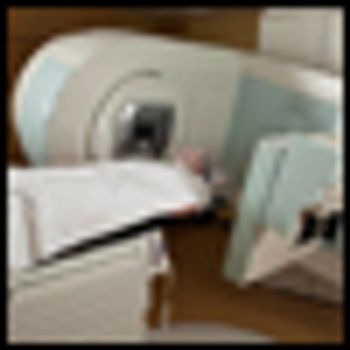WORK FOR THE BEST. Chief of Medical Oncology: An Opportunity to Influence, Innovate and Inspire Cancer Treatment Centers of America® (CTCA) is a single-specialty tertiary hospital system providing a comprehensive, fully integrative approach to cancer care. We offer standard of care oncology treatment options combined with therapies that support the entire person. It's a place where your contributions as a medical leader can influence outcomes and allow you the opportunity to work on innovative research initiatives, as well as inspire our medical staff to continue to strive for excellence in patient care. We are currently seeking an experienced Board Certified Medical Oncologist to join our Midwestern Regional Medical Center in Zion, IL, which is located in a far northern suburb of Chicago. In this highly visible position, you will have the opportunity to mentor, supervise and direct our 10-member employed medical oncology staff. Additionally, you will help design and support those programs that are currently in place, including centers of excellence initiatives. Other responsibilities will include identifying and leading investigator-initiated trials. Our excellent benefits include:
• Competitive compensation with bonus opportunities
• Paid medical malpractice
• Relocation package
• Paid holiday, vacations and generous CME
• 401(k) with match Our Midwestern hospital is located midway between downtown Chicago and Milwaukee. We offer access to both metropolitan areas, as well as amenities that include world-class art museums and theater, professional sporting events, excellent schools and outstanding universities. For more information, please contact: Drexa Unverzagt, RN, MS National Director of Physician Recruitment E-mail: drexa.unverzagt@ctca-hope.com Phone: 847-746-4384www.cancercenter.com EOE Cancer Treatment Centers of America(r) Winning the fight against cancer every day.(r)






